Category: Campus
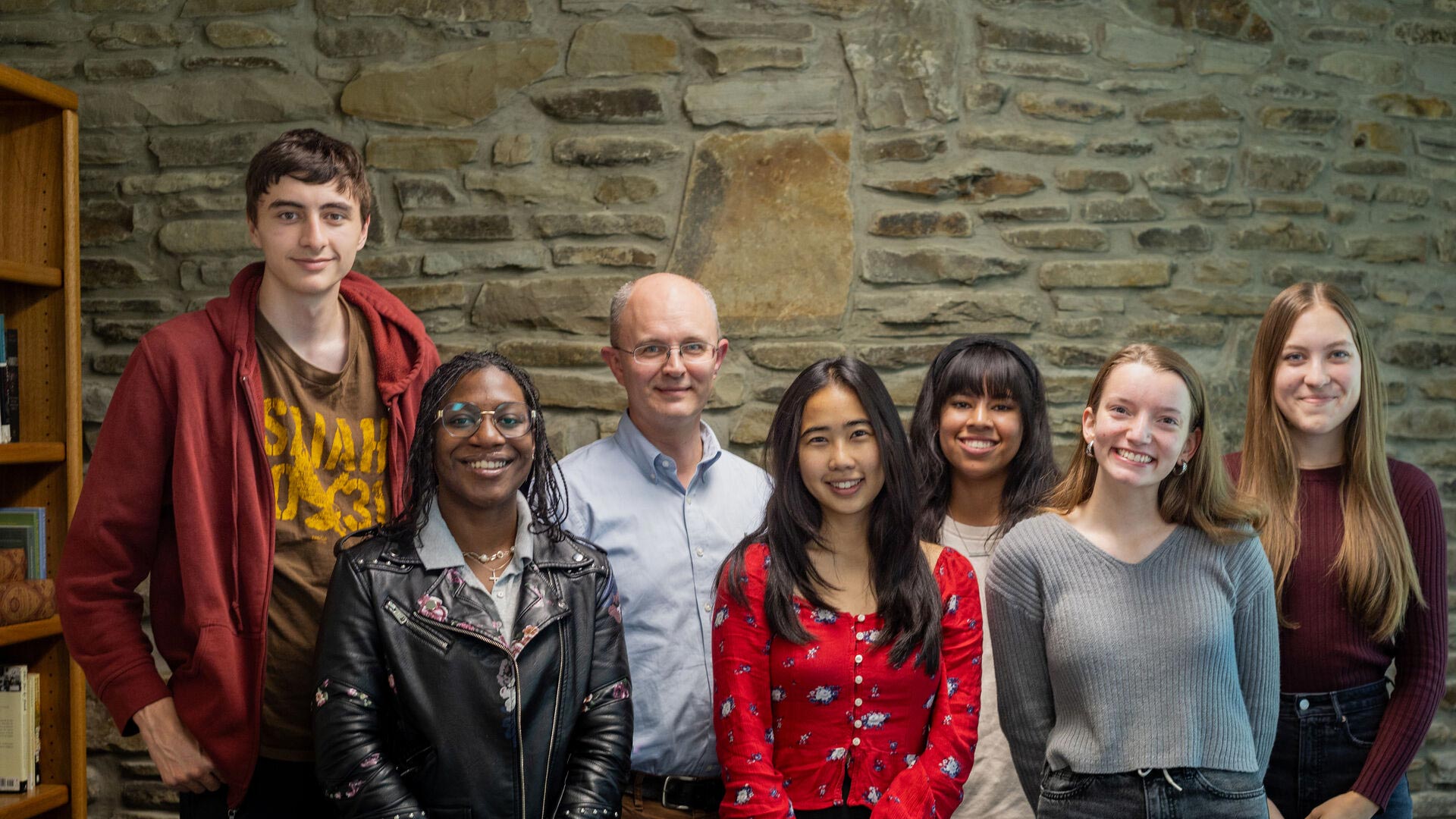
Kingdom Conversations Return
By Jiana Martin ('26) On Tuesday, Oct. 24, the second Kingdom Conversation will be held at 7 p.m. in Schaller…
Professor John Rhett’s “Self-Evaluation”
By Kelsey Curtis ('27) This October, Houghton’s Ortlip Art Gallery will host a retrospective exhibition of art by Professor John…
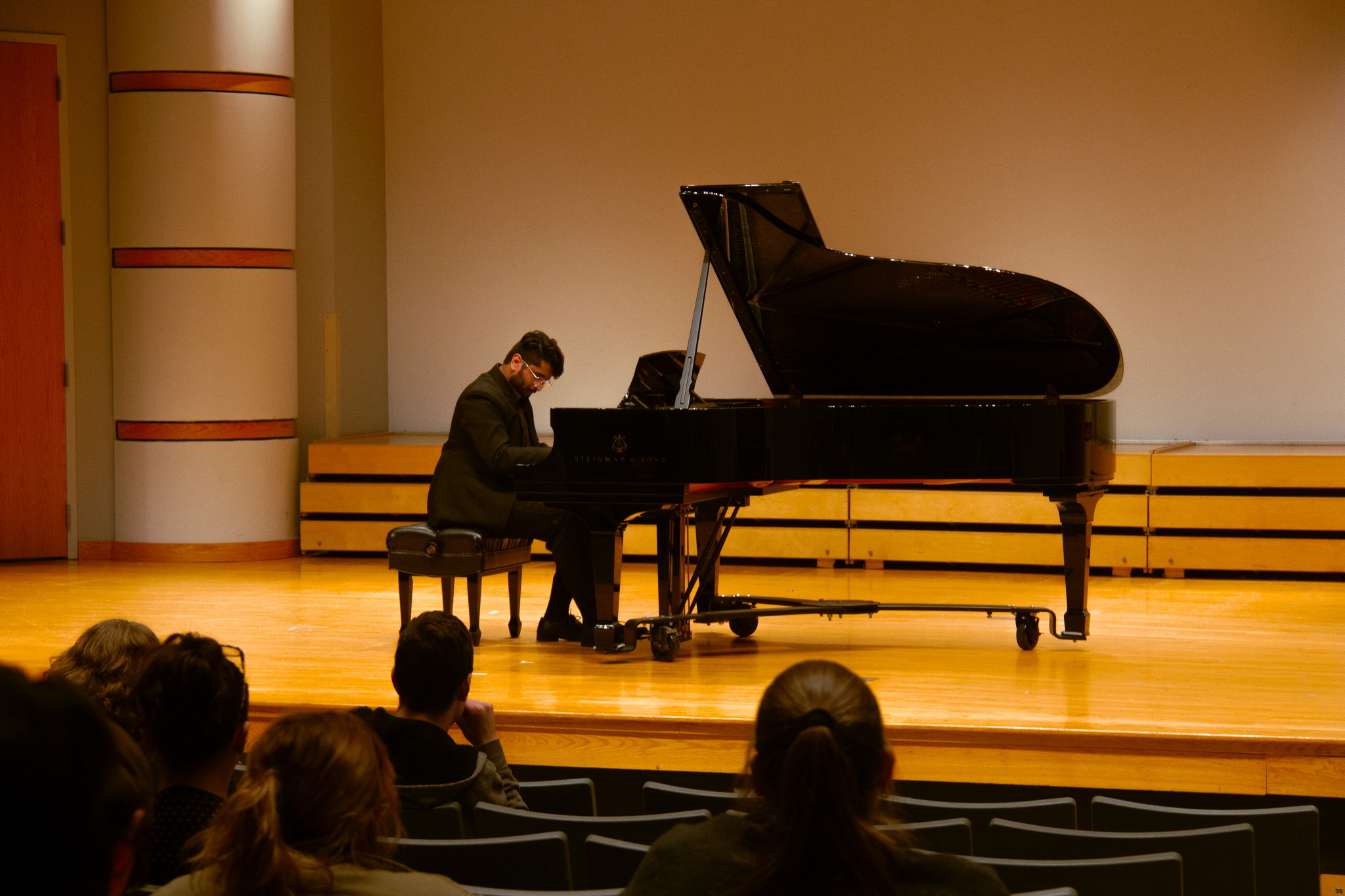
Student Performer Series
By Isabella Bratton ('26) The Sophomores’ Student Performer Series begins at 8 p.m. on Oct. 25 in the CFA Recital…
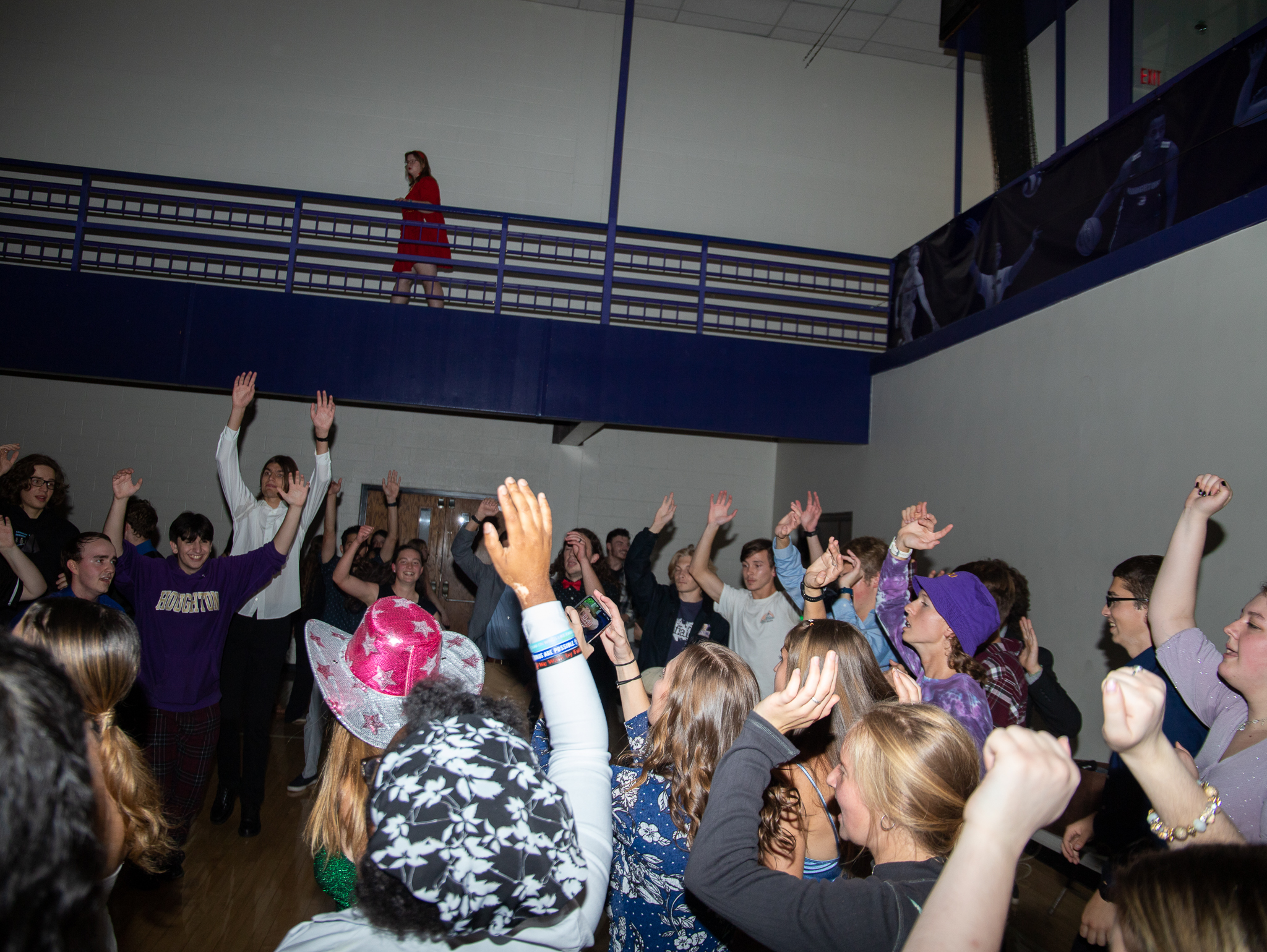
2023 Homecoming Events
By Juliana Schmidt Homecoming takes place from Oct. 5 to Oct. 8 and is four days of community bonding, dancing,…
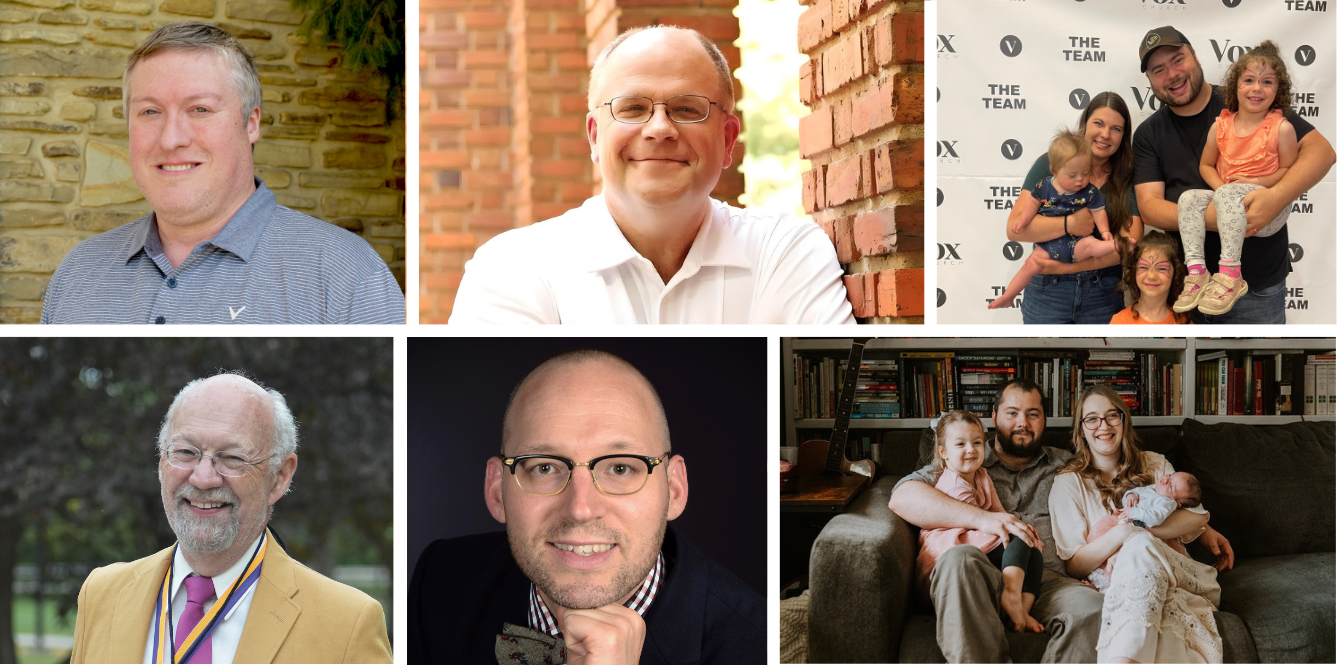
Award Winners of Legacy Chapel
By Abigail Bates Six alumni awards and one Faculty Emeritus title were presented at the 2023 Legacy Chapel on Friday,…
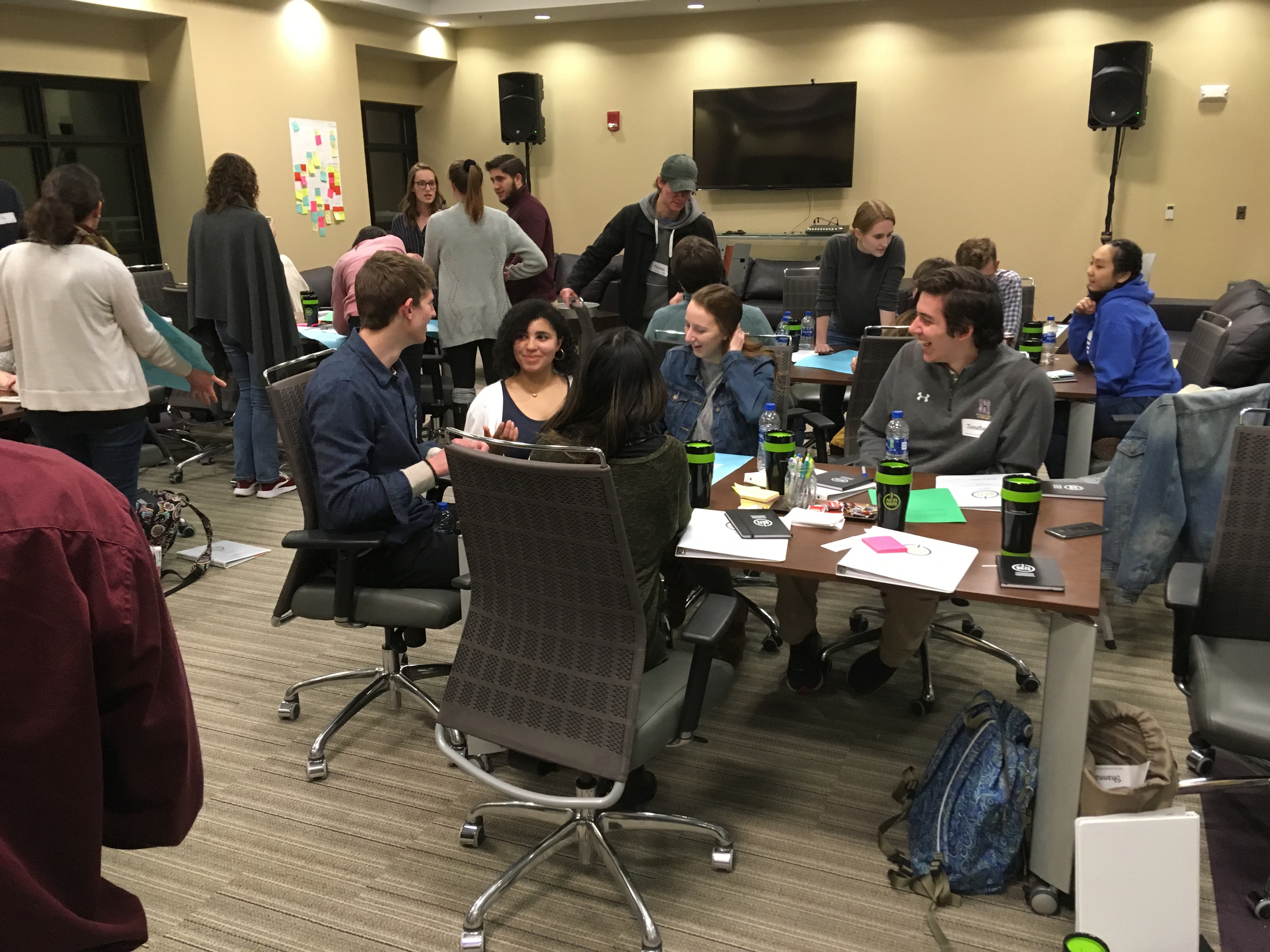
Sophomore Leadership Conference Returns
By Elise Koelbl It was gone but not forgotten. After a year of strict COVID-19 guidelines forcing its absence, February…
MLK Day Changes Wrought by Snowstorm
By Anna Catherman Across the nation on Monday, Jan. 17, Martin Luther King Jr.’s birthday was celebrated with a variety…
Center for Sustainability Hosts Open House
By Megan Brown On a bitterly cold Friday afternoon in late January, while most students were heading back to their…
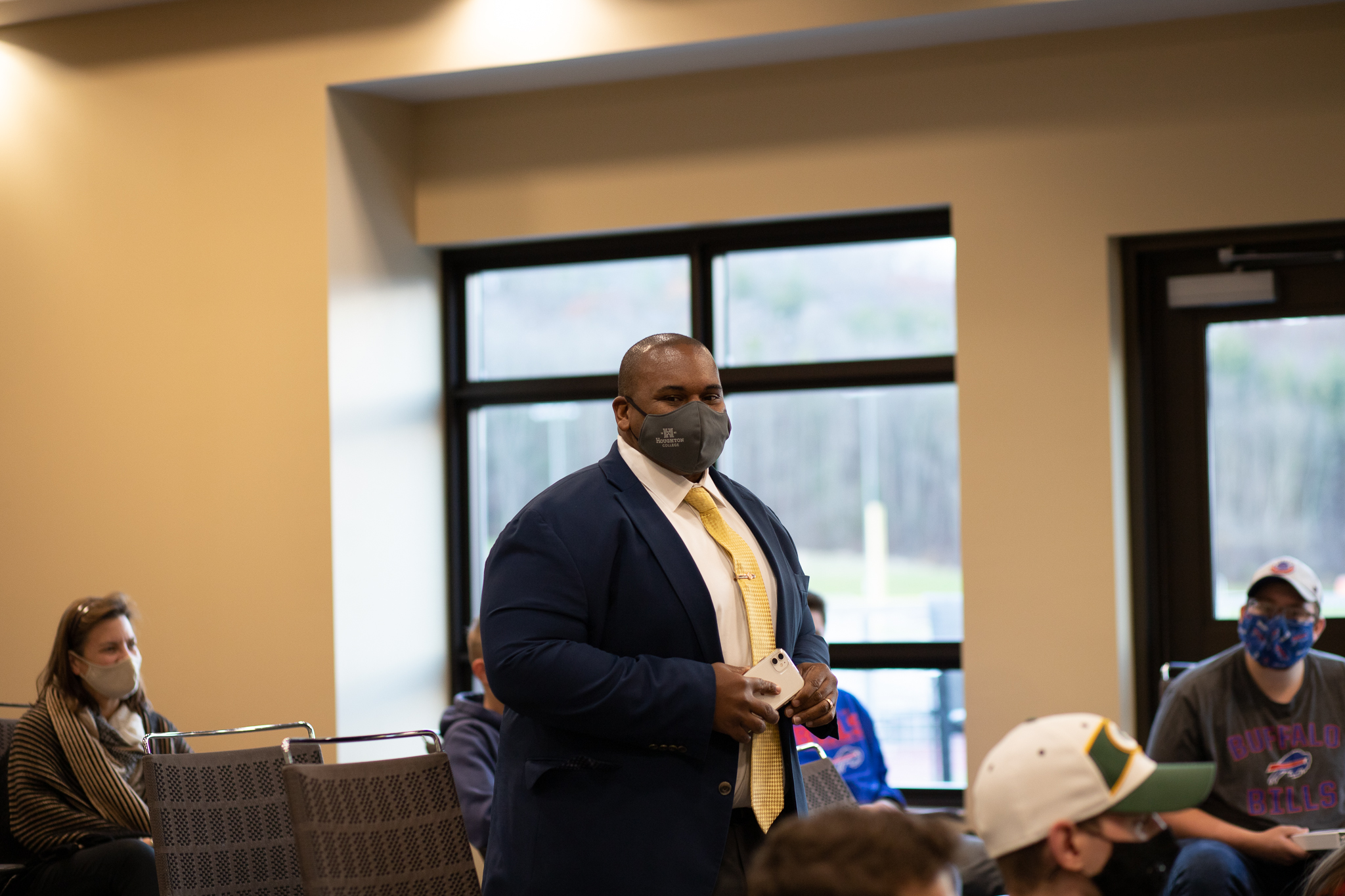
President Lewis’ First Semester in Review
By Joshua Carpenter ('24) In the Fall semester of 2021, Houghton College welcomed Dr. Wayne D. Lewis, Jr. as its…
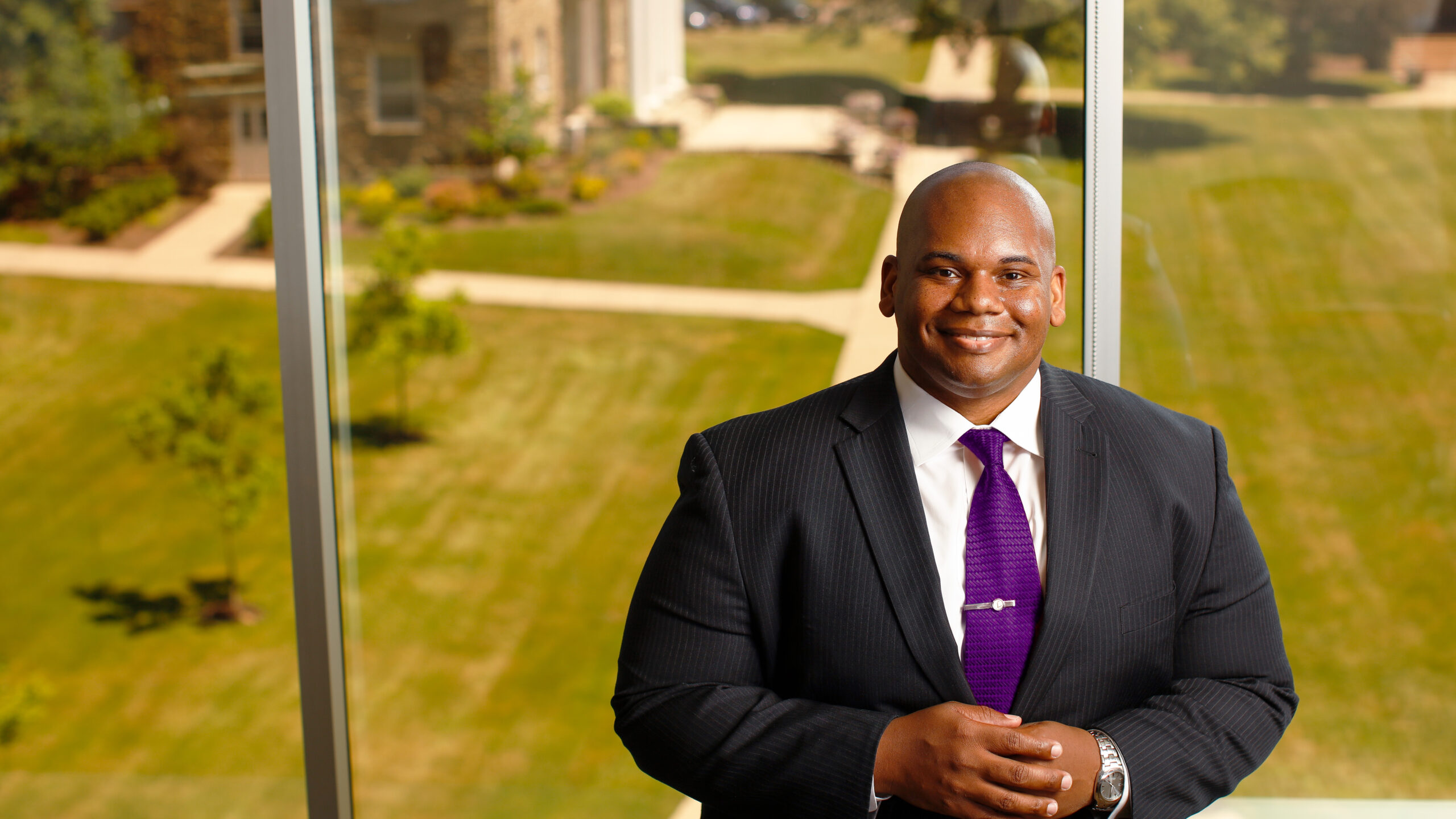
Excitement Builds for Houghton’s Sixth Presidential Inauguration
By Anna Catherman (’24) Purple and Gold Week will come to a climax on Friday, Oct. 1 with the inauguration…
